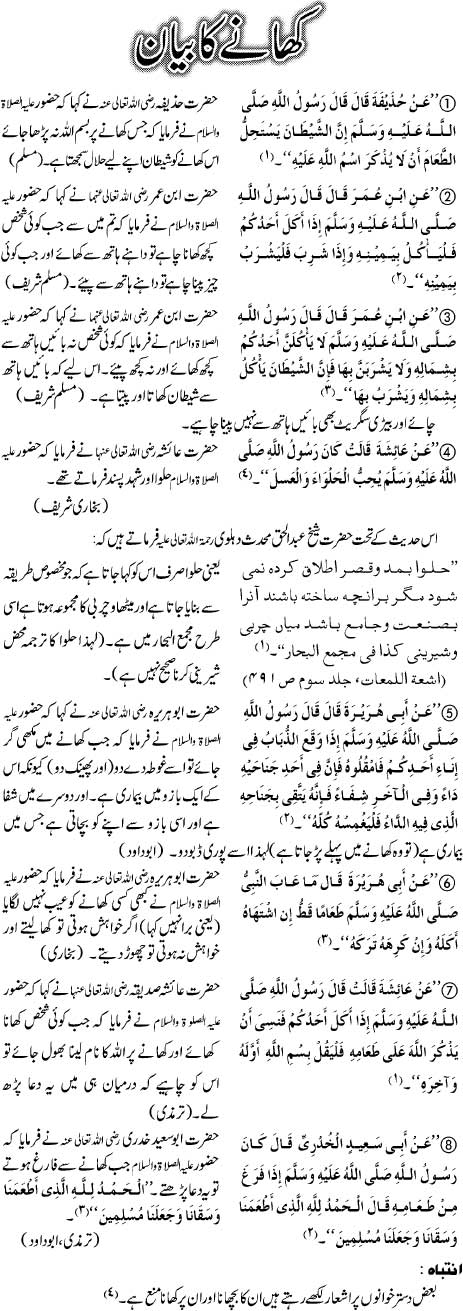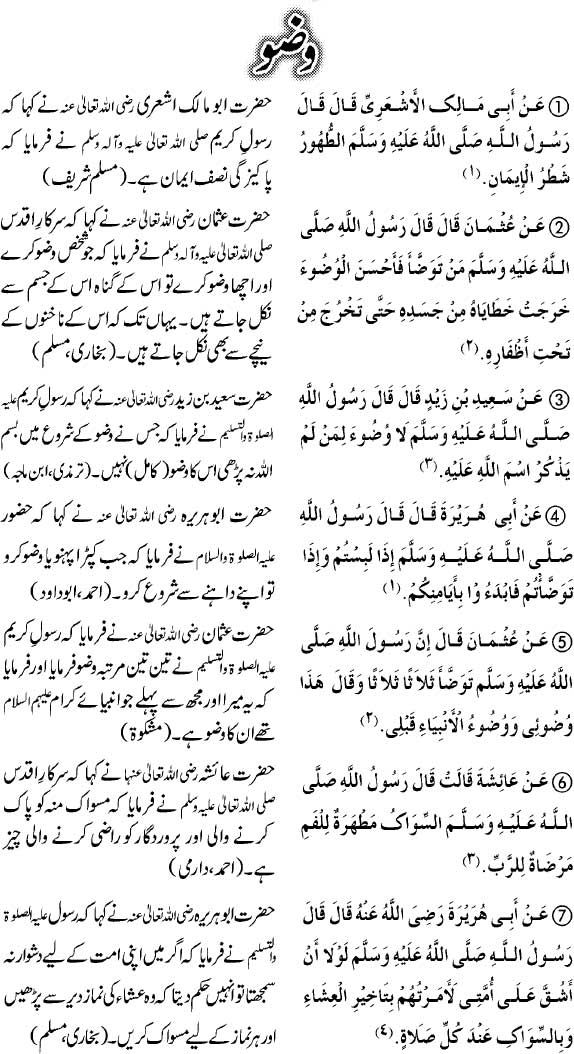If you ever feel distant from Allah, don’t despair, just put your forehead to the ground and ask the Most Merciful from His bounties.
18 sources of Barakah! If we were to look for an Islamic definition of Productivity, it can probably be summarised in the word “barakah” or Blessing. Being able to achieve more with few resources, doing much in little time, and generating a lot with little effort is surely a blessing from Allah (Subahanahu Wa Ta’ala). Yet Barakah has somehow become a lost treasure these days; everyone’s looking for it, but no one seems to find it! You always hear people complaining that there’s no barakah in their time, no barakah in their sleep, no barakah in their money, and the rest of it. In this article, we’ll solve this mystery inshaAllah: we’ll find out what Barakah is and where you can find it! What is Barakah? A Well-known daee explains it as follows:
“Barakah is the attachment of Divine goodness to a thing, so if it occurs in something little, it increases it. And if it occurs in something much, it benefits. And the greatest fruits of Barakah in all things is to use that barakah in the obedience of Allah (Subahanahu Wa Ta’ala)”
Sources of Barakah
I’m a firm believer that Barakah is not a lost treasure; rather, it’s right in front of our eyes! This treasure is only available and ready to be handed over to the one who works for it. Below, I list some of the sources of Barakah. It’s not an exhaustive list; therefore, I do hope you can contribute to it with your comments inshaAllah so we can all share and extend our understanding of this great treasure.
1. Good Intentions
If you want something to have barakah attached to it, have good intentions for it. More specifically, make sure that the deed is intended for the sake of Allah (Subahanahu Wa Ta’ala). Looking again at the definition of Barakah, you may guess that without us intending what we have or do for the Sake of Allah, the “Divine goodness” won’t be found in our deeds.
2. Piety and Belief in Allah
Allah says in the Quran: “If the people of the towns had but believed and feared Allah, We should indeed have opened out to them (All kinds of) blessings from heaven and earth…”(Surah Al-A’raf, Verse 96). And He says in the Quran: “And for those who fear Allah, He (ever) prepares a way out. And He provides for him from (sources) he never could imagine” (Surah Al-Talaq, Verses 2-3).




